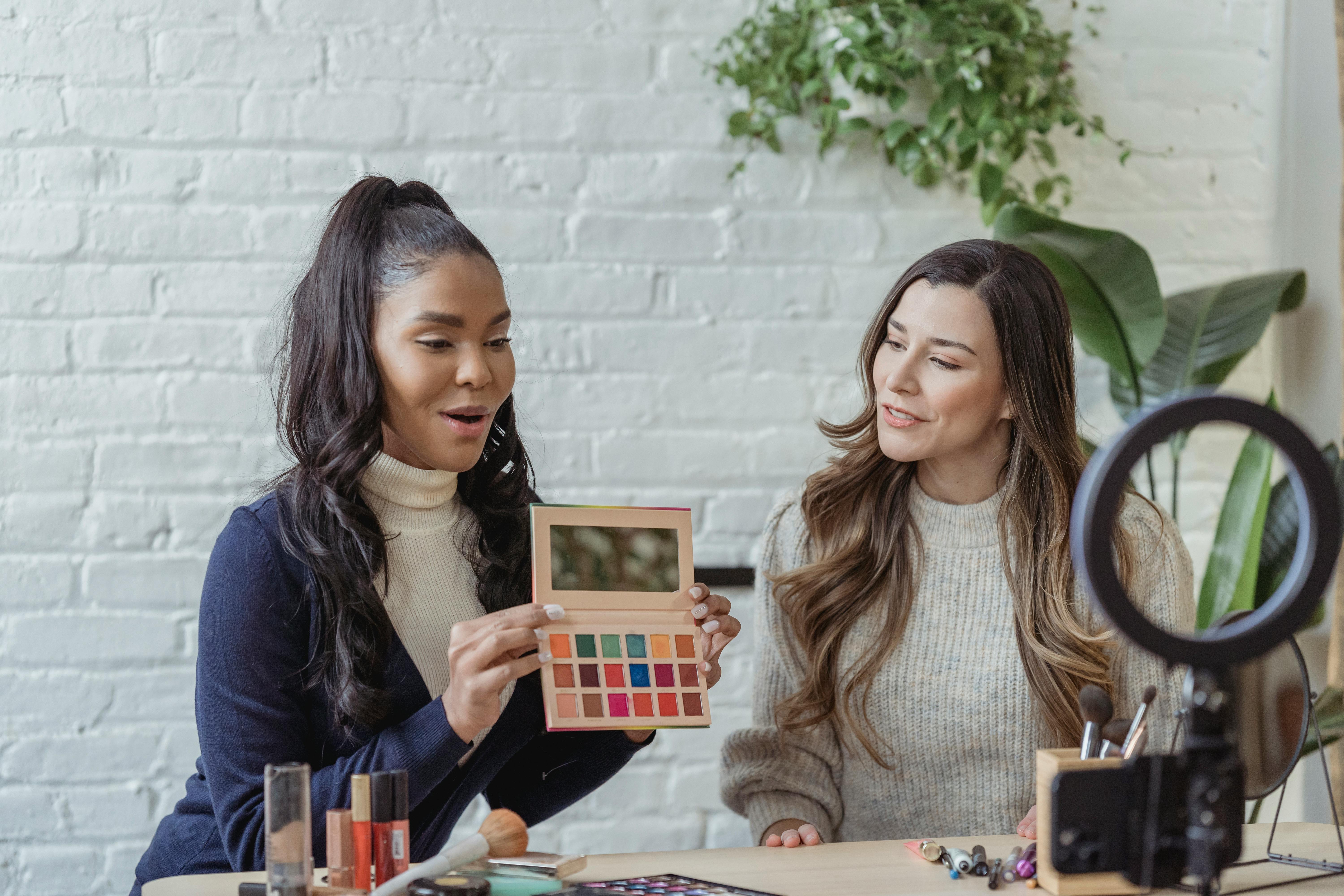
In a world where influencers dominate our social media feeds, a new trend is challenging the status quo: deinfluencing. This movement is rapidly gaining traction, encouraging consumers to think more critically about their purchases and the impact of social media endorsements. Let's break down this phenomenon and explore what it means for brands and marketers.
What is Deinfluencing and Why Should You Care?
Deinfluencing is a response to the overconsumption driven by endless product promotions in the current influencer culture. Instead of promoting constant buying, it encourages more thoughtful, quality-focused purchases and values transparency over hype.
This trend has gained momentum because today's consumers are digitally savvy and seek genuine, trustworthy opinions. The popularity of the hashtag #deinfluencing on TikTok, with over a billion views, highlights this demand for authenticity (source: DTC Newsletter).
Though it might seem like a rejection of traditional influencer marketing, deinfluencing is an evolution. By candidly sharing their experiences, content creators still effectively shape purchasing decisions through honest endorsements. For brands, this shift in consumer expectations means rethinking their social media strategies and carefully navigating influencer partnerships.
Riding the Deinfluencing Wave with UGC
One practical approach in this new landscape is leveraging user-generated content. Just like deinfluencing videos, UGC features real customers sharing their genuine experiences, providing the authenticity audiences crave.

Take our client, Message in a Bottle. For their latest social media campaign, we utilized UGC ads featuring real customers. These ads outperformed other types of content, leading to increased engagement and app downloads, proving to be the clear winner in driving positive results.

Another example is Skintensive. We ran an email campaign inviting customers to share videos on Instagram in exchange for a free product. While the primary focus was on promoting brand awareness, this initiative also boosted sales, contributing to the campaign's overall success.

For our client BBX, which includes brands Betsy & Adam and Xscape. A top-performing ad for Betsy & Adam's collection featuring real customers in their outfits generated over 10x the return on ad spend. Overall, UGC ads and reels drove the highest revenue for both brands.

De-influencing is not just a trend; it is a result of the incessant promotion of overconsumption driven by influencer culture. While it might appear to oppose traditional influencer marketing, de-influencing actually represents its evolution. Content creators continue to shape purchasing decisions through honest endorsements, fostering a more transparent and relatable connection with their audiences. For brands, this shift necessitates a strategic reevaluation of social media tactics.
If you need help with UGC content creation or social media strategy, we are here to help! Your discovery call with us is always free of charge.
Source: Direct To Consumer Newsletter
